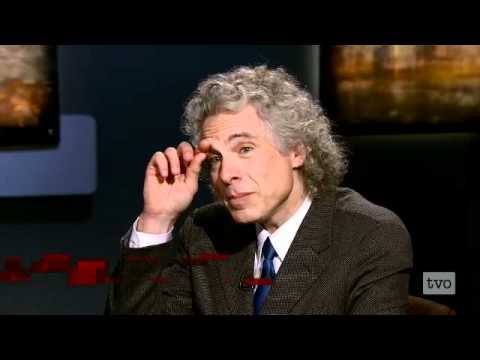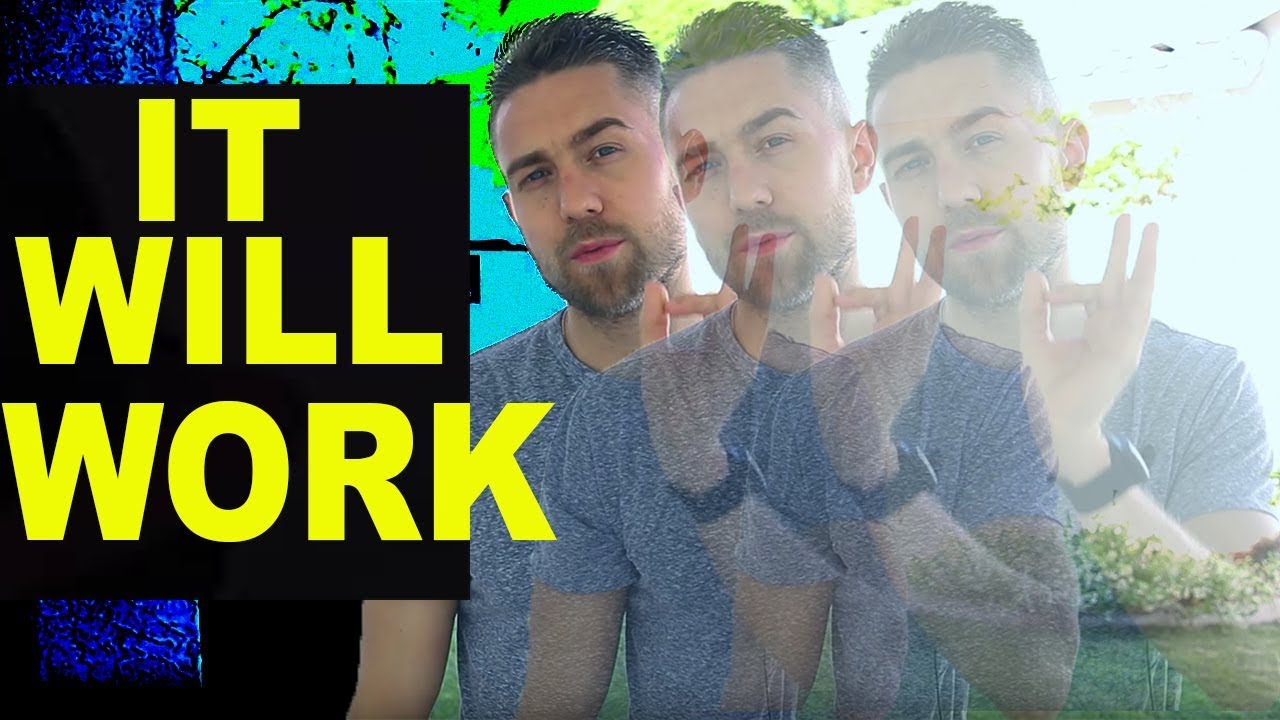The Agenda with Steve Paikin
Despite nightly news reports of violence, crime and war, Harvard University professor of psychology Steven Pinker says that we are living in the most peaceful period in human history. He joins Steve Paikin to tell him why violence has waned.
Source
Steven Pinker: The Decline of Violence



do you know what proportions are?
It's telling that most of the people in these comments who think they disagree with Pinker are in actually presenting their own straw man equivocations which they actually disagree with.
Even though religion doesn't really need to be brought into this look at the correlation between involvement of the religion/the church in peoples lives and the decline of violence, they seem to hand in hand.
Unfortunately, the violence and death-tole of the Government has not declined across the board, and the overwhelming control that the state has over its people has never been larger. Who had a passport before WW!, and who paid income tax before that
"temporary measure" was enacted at the same time? Who now pays a combined tax rate of less then 80% per year if you take into account all the back taxes you pay on the products we buy?
How the hell can "anarchy" be viewed as more dangerous than condensing all the power of the state into the hands of the few? That makes so little sense, unless the leader of the few is in a perpetual noose of the many.
Well data does show that the less religious someone is, the less likely they will be to commit violent acts. But as you said, it's not related.
This is junk science.
not at all. think about it. Anarchy has no law&force structure, tyranny at least some.
wow, you can't even spell articles, and you're lecturing me about how much to read?
Kill yourself, you fucking troll.
A victim of violence in Canada? You should see our police corruption these days, we're all fucked.
i think it's great news, but what do i know.
Pinker stops short of elaborating on the "single direction" that mankind is heading for but I will continue on from where he left off. Mankind under the shepherding of Pinker's kind is heading towards extinction where having children will be as taboo as running naked in the streets.
Islam is increasingly violent and we may all die at the hand of Islam.
People are murdered less today than through history because medical treatments have gotten far better. Where people would have certainly died from fatal wounds in the past, now they're mostly spared through surgery and perimetric attendance. Add to that the fact the UK police have been found guilty of seriously fiddling with the major crime statistics for political reasons, I think this talk is mostly delusional.
Pinker doesn't have time on this half hour show to respond to the very first question. Why does his researched and thorough assertion about the downward trend in violence seem so counter intuitive to what we see, hear, and read all around us these days? I've seen a longer lecture on this book of his. In that lecture he does respond to the question – Why does the idea of an overall decline in violence seem impossible to us today?
– The impetus of "if it bleeds it leads" – We just don't hear about if peace spontaneously breaks out, it isn't news and isn't covered.
– The speed by which the 'if it bleeds it leads' narrative is spread. And that we can react instantly to atrocity, and that disgust and judgement is what we take away from news these days. We tend to judge and move on. With no follow up or need for background remembering sound bites not thorough journalism.
– That news agencies are in cut-throat competition to capture our attention. More medium (TV, Radio, Internet, Print) means more sensational headlines to pull us to one instead of the other. News isn't a public service anymore, it is vicious business scrabbling for our attention.
I'm pretty sure there's more but I can't remember all the points, but this was enough for me. I believe the biggest part of being on the internet anyways is to question EVERYTHING you see. It's really the challenge of our era, to widen our scope of reason, challenge meme's and hashtag opinions, and bring a clinical critical eye to what we deem to be news. I think basic research skill should be taught in schools at the middle school age. Kids are totally at the mercy of media through preference and branding.
Loved this interview and recommend the full lecture – run a search on youtube for Better Angels of our Nature, you won't be disappointed.
ass
good talk.
their names are similar.
One problem here, that we don’t know how much violence the prehistoric, early state, or European medieval eras featured, was acknowledged, but that this must cripple any thesis on relative frequency of violence nonetheless got dismissed.
On the home front, the power of the surveillance state to curb interpersonal aggression has improved while legitimate means for satisfying personal goals are become more available. I agree with Pinker that violence is declining, at least for the time being. But I doubt such a trend inevitably follows educational, technological, and political sophistication. Democracy, trade, and international institutions like the UN apparently do exercise a salutary influence, yet the jury is still out—we’re enjoying an unprecedented era of peace which could prove temporary, all our improved morals notwithstanding.
If you study history and archaeology, civilizations, it's obvious everything is getting better. The problem is most people are dumb, they don't study anything. They're fed information from TV. So they have nothing to compare things to.
It`s obvious why wars between major powers have declined. NUKES!
Steven Pinker could not be more wrong. In a ted speech he gave on the same topic, he made the first wrong assumption just a few minutes into his speech. He took the murder statistics from 7 tribes from our times and claimed that these numbers represent the lives of prehistoric hunters and gatherers. Why is this wrong? These 7 tribes have nothing in common with our ancestors because they, unlike our ancestors before agricultural revolution, grew crops, had stable settlements and domesticated animals and cattle. Back in 1975, when the data about Murngin tribe was collected, this tribe had already lived with missioners, were given guns and motor boats – how is this representative of prehistoric hunters gatherers? In prehistoric times, people had no private ownership, and everyone lived in a harmony more or less because people had to share things (food, sexual partners, taking care of kids) to survive. They lived in abundance of food (with some periods of short starvation – thats why they constantly moved) and this is told by archeologists who examined the bone structure of prehistoric people which reflects their eating habits. The violence came with agricultural revolution and extended to our modern times because suddenly you had to protect your settlements and food storages. I know it may be hard to grasp because we all want to believe that humanity is evolving towards a better self, but the truth is that it`s not. We simply adapt to the changing environment. Think about it. Why would you be greedy, and therefore violent, in a prehistoric community where nobody owned nothing and everything was shared? It`s not some hippy bullshit, being kind to each other and living in small communities where everyone was close to each other, was the only way to survive. Now, we live in huge cities, where everyone has to fight for survival, go to universities, land good jobs, find a decent partner on Tinder only so we could spend 2 weeks in a year sipping cocktails on a beach in Hawaii. All that (I guess despite the cocktails) as available for prehistoric humans all year long. Isn`t it ironic?